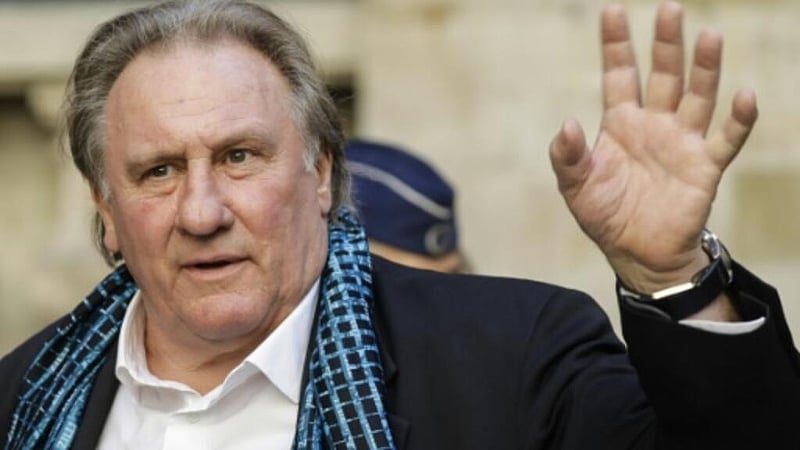French screen icon Gérard Depardieu is set to face trial in Paris on charges of sexual assault involving two women, initiating proceedings that spotlight a swath of allegations against the actor in recent years. The trial, which commences against the backdrop of France’s #MeToo movement—spurred by revelations regarding powerful figures like Harvey Weinstein—has drawn significant media attention due to Depardieu’s stature in the film industry. The 75-year-old actor’s lawyer, Jérémie Assous, has announced that Depardieu will miss the initial court session due to health concerns and will request a postponement to ensure he can be present in the future. Assous expressed Depardieu’s desire for the truth to emerge, despite his absence at this critical juncture.
Two women have come forward with allegations against Depardieu stemming from a film shoot for “Les Volet Verts” (“The Green Shutters”) in Paris. The first plaintiff, now 55 years old, has accused the actor of sexual assault, harassment, and making sexist remarks during the film’s production. Her legal representative, Carine Durrieu-Diebolt, has emphasized her hope for an impartial judicial process, asserting that Depardieu should not receive any special treatment because of his fame. The second accuser, who served as an assistant director on the same film, also alleges experiences of sexual violence at Depardieu’s hands, indicating a troubling pattern of behavior that remains under close scrutiny by the legal system.
In defense of the actor, Assous intends to summon witnesses and present evidence aimed at discrediting the allegations, including claims that one of the plaintiffs seeks to profit financially from the situation by demanding €30,000 in compensation. The assertion of false accusations operates within a context where the #MeToo movement has in many cases empowered individuals to come forward with long-silenced grievances, blurring the lines between victim and perpetrator. Anouk Grinberg, an actress who participated in “Les Volet Verts,” candidly described Depardieu’s pervasive use of inappropriate language, noting that his behavior has seemingly escalated over time, aligned with a culture that enables and excuses such misconduct within the industry.
Depardieu’s legal troubles extend beyond the current charges, with approximately 20 women alleging various sexual offenses. The first known accuser, actress Charlotte Arnould, has brought attention to her own allegations of rape and sexual assault, which a judge is yet to adjudicate. In light of these cumulative accusations, further investigations are ongoing, notably concerning a separate claim by a former production assistant regarding an incident from 2014. The growing number of plaintiffs illustrates not only a concerning trend of alleged behavior on Depardieu’s part but also highlights a broader reckoning taking place in the entertainment industry regarding sexual misconduct and accountability.
In an effort to assert his innocence, Depardieu published an open letter last year claiming he has “never, but never, abused a woman.” The actor’s case has caught the ear of public figures, including French President Emmanuel Macron, who controversially voiced concerns about a so-called “manhunt” targeting Depardieu, branding him a “towering actor” essential to French cultural pride. Macron’s comments followed the airing of a televised investigation featuring recordings of Depardieu making overtly misogynistic statements, illustrating a juxtaposition between the protective sentiment some feel towards the actor and the serious nature of the accusations against him.
As the trial unfolds, it is poised to ignite discussions surrounding the accountability of artists and the complexities of navigating allegations in the wake of #MeToo. While Depardieu remains a beloved figure in French cinema, his ongoing legal battles represent both a challenge to his legacy and an opportunity for the judicial system to address claims of sexual assault in the entertainment industry. The outcomes of these proceedings may set a significant precedent regarding how such cases are handled in the future, influencing both public perception and the treatment of women within the realm of film and beyond. The repercussions of this case could resonate through the industry for years to come, as advocates continue their push for a zero-tolerance policy towards predatory behavior and greater support for survivors of sexual violence.


